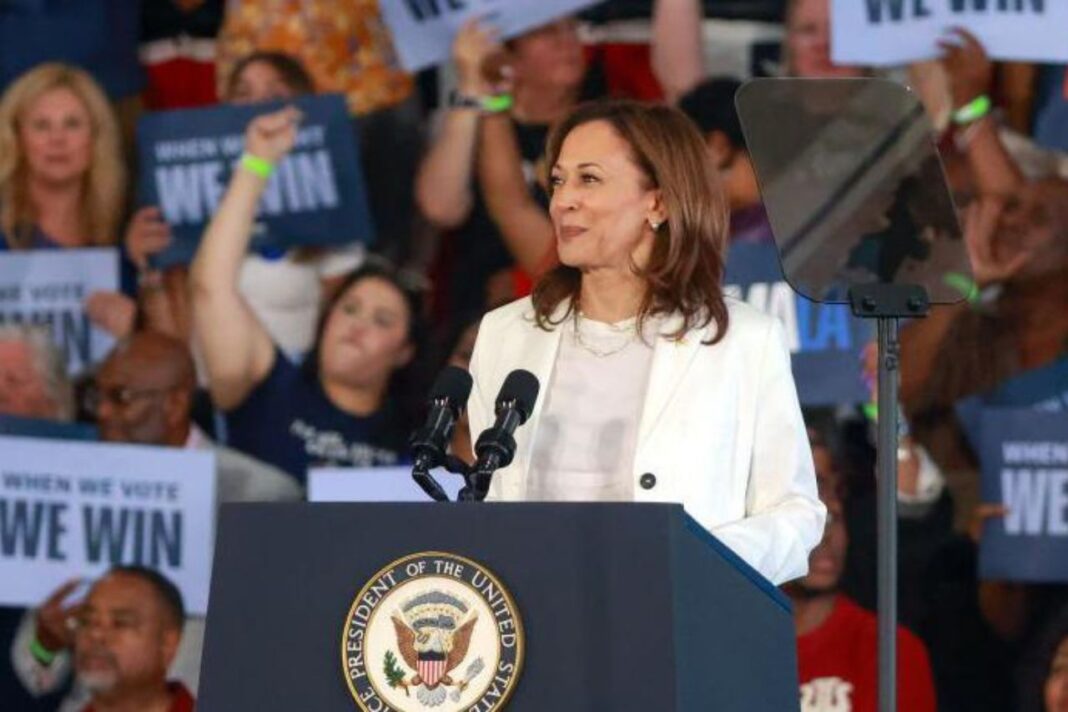In the 2024 election, Vice President Kamala Harris faced a shocking wave of rejection from Michigan’s pro-Palestinian voters, a group that traditionally leans Democratic. Many felt let down by her stance on the war in Gaza.
Layla Elabed, co-founder of the Uncommitted movement, explained why voters turned away. “Harris chose the path of Liz Cheney and the donor class,” she said, pointing to Harris’s association with the former Republican congresswoman and perceived neglect of working families in places like Dearborn.
President-elect Donald Trump, on the other hand, struck a chord with these voters by promising peace in the Middle East. His message resonated deeply, especially in Arab-American communities tired of unfulfilled promises. Farah Khan, co-chair of Michigan’s Abandon Harris campaign, put it simply: “Trump came and listened. He said he’d end the war. That’s what people wanted to hear.”
Harris’s campaign efforts, including a Michigan panel with Cheney, left many feeling ignored. Dearborn, once a Democratic stronghold, flipped red, with Trump’s personal visits and outreach efforts making a big impact. Voters like Bryarr Misner, frustrated by being “ridiculed” by Democrats, said Trump at least “showed up for the community.”
The Biden administration’s unwavering support for Israel during the 14-month conflict added to the frustration. Trump, however, aligned himself with anti-war figures like Tulsi Gabbard and Robert F. Kennedy Jr., cementing his appeal in key Arab-majority areas.
By showing up and speaking directly to these communities, Trump won Michigan voters who once overwhelmingly backed Democrats—a crucial shift in this battleground state.
